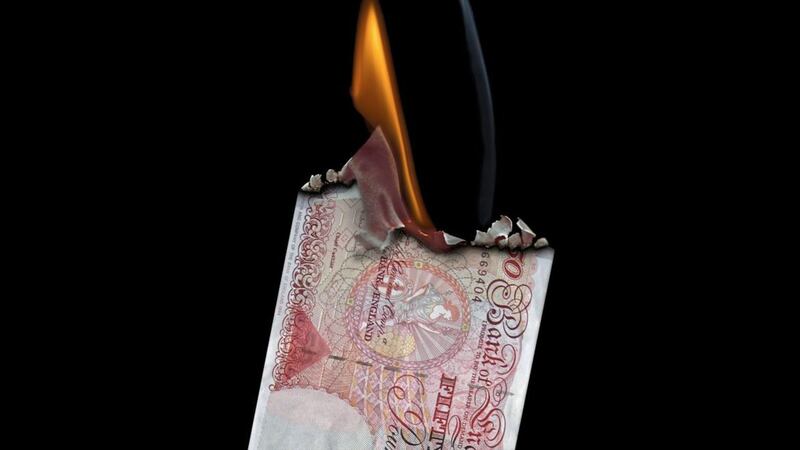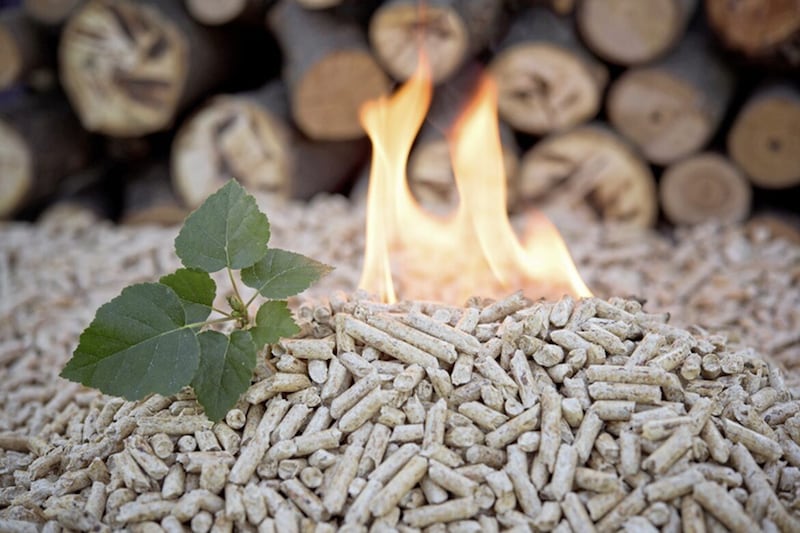FARMERS have received two-thirds of the £55m paid out so far through Stormont's botched green energy scheme.
Although agricultural businesses account for just over half Renewable Heat Incentive (RHI) claimants, officials figures show they have received a disproportionately high amount of the lucrative subsidy.
The revelation comes as the Ulster Farmers Union (UFU) said those using the scheme should not be made "scapegoats" for the RHI's failures. The union has advised farmers who signed up to the scheme not to allow their names to be made public.
The Irish News revealed on Saturday that just over 54 per cent of successful RHI applicants were classified as being involved in 'crop and animal production, hunting and related service activities'.
Figures that categorise RHI claimants using the government's standard industrial classification – or SIC – show that more £37m from a total of £55.5m has been paid to this group since the scheme opened in 2012.
In total, 1906 businesses in Northern Ireland are expected to claim around £1.2 billion over the next 20 years, of which 1050 are farming-related.
Civil servants warned former enterprise minister Jonathan Bell in July 2015 that a surge in demand for poultry shed heating systems was rapidly driving up the cost of the north's bespoke RHI scheme, which unlike a corresponding scheme in Britain had no cost controls in place.
The 80 businesses claiming RHI in the forestry and logging sector have received £3m, while the 71 firms involved in wood and wood products manufacture have been paid £2.1m.
The 92 hotels, guest houses and B&Bs in receipt of the green subsidy have been paid £1.7m, while 38 car and motorbike showrooms have claimed £750,000.
The UFU statement yesterday made no reference to the large number of farm businesses availing of the scheme but said the vast majority were doing so legitimately.
Its chief executive Wesley Aston said the union feared naming individual RHI claimants was not about transparency but an effort "to shift the focus from those who failed to safeguard the taxpayer".
The UFU said were encouraged to by the Department of Enterprise, Trade and Investment (Deti) to install boilers. It said retrospective changes to the scheme needed to be fair.
Mr Aston said the union was "fully behind a proper review of this scheme".
"How and why what should have been a good scheme went wrong must be fully and properly investigated – but those who used the scheme legitimately must not be tried and convicted in the court of public opinion," he said.
In July 2015, the UFU said it warned Deti officials about a potential spike if the scheme was closed. Its proposed solution was a "grace period" for those whose applications were in the pipeline, and who had already committed to putting in boilers and associated works.








